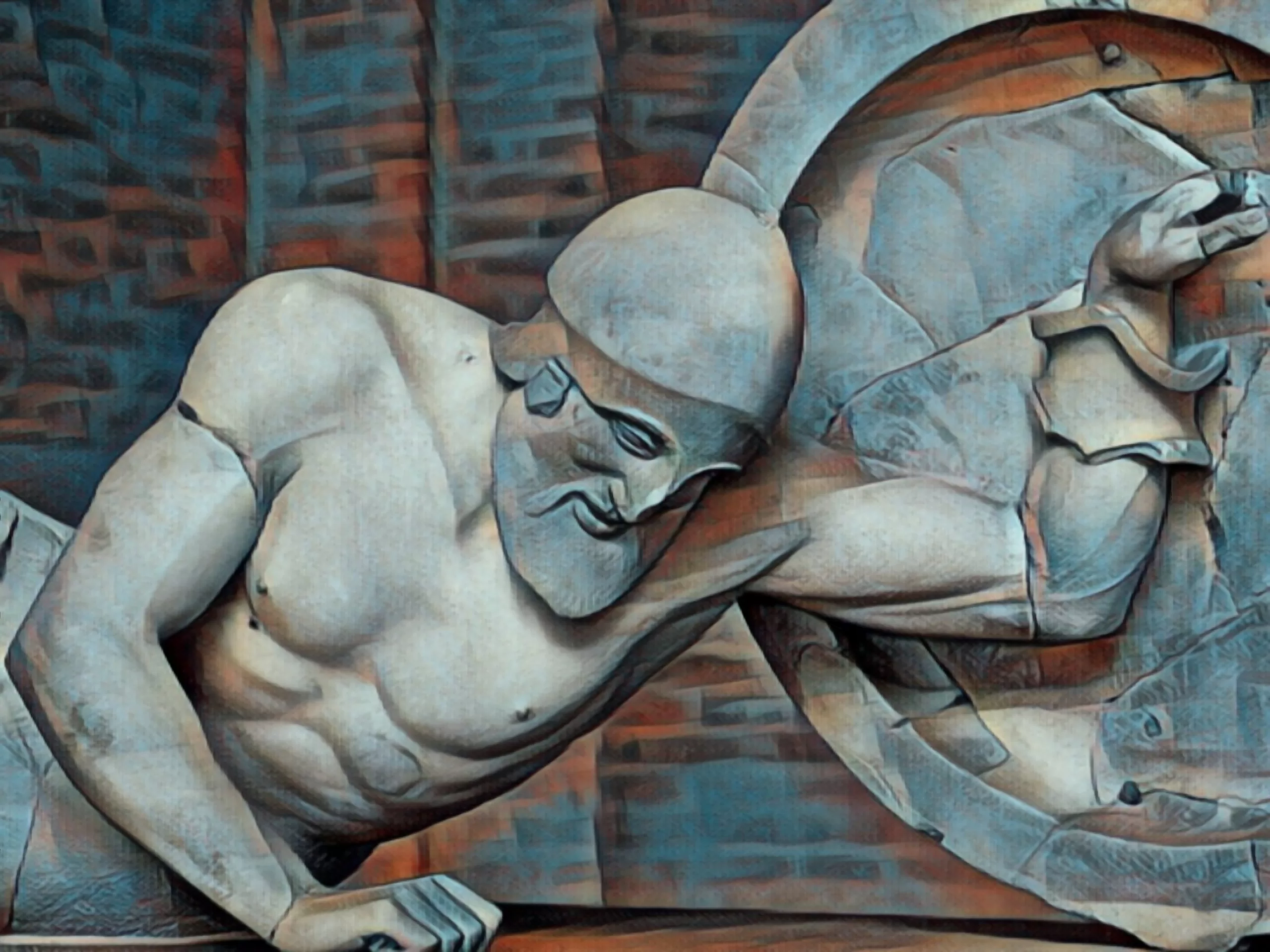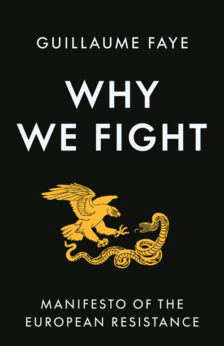Freedom seems to be one of those imperishable maxims that have been adopted as a creed by movements of various plumage throughout history. Freedom is what the heaving masses have demanded and countless philosophers and poets have made the pervasive theme of their work. Yet for all the attention the concept of freedom has garnered, little progress has been made in coming close to an actual definition of the term. Despite the incessant demands for it, we are still left with the burning question: what is freedom?
I shall not attempt to define it here, but we can whittle away that which it is not.
From the moment man subjugated other men and took them as slaves, freedom was defined by being not free. The slaves understood their plight because they were under the whip of their masters. They had no rights and were utterly at the mercy of their masters, who could do with them as they wished. Many escaped their masters or found ways to buy their freedom. But the freedom they sought was not something that was a clear concept to them; they only ran from the whip or used money to gain a condition that was free from the whip. Freedom was for them not being a slave. But we cannot define something by what it is not.
Freedom was also an integral part of the revolutionary creed of the French Revolution. Freedom meant to the revolting masses the destruction of the nobility and their exclusive rights to land. They were not motivated by suave and lofty utopian philosophies but by raw boorish malcontent. A simple and visceral desire to cast off the yoke of the bourgeoisie. They had no vision of how to organize society after all the royal heads were severed; they operated solely on ephemeral savage impetus. The epoch that perhaps demanded freedom in the most vivid way did not yield a definition of freedom by way of the explications of the disenfranchised plebeians.
In our time, it is the rapaciously repulsive woke hordes of degenerates that scream for freedom. These low-standard mutants seek the abolition of all norms and standards, as they are unable to meet any of them. They seek not just freedom from social conventions, but from biological reality itself. They seek the abolition of any and all factors that lay any expectations on them. They want to be free to be man, woman, cat, or attack helicopter, at their discretion and arbitrary whim. But alas, woke does not provide a definition of freedom either. They can only cry relentlessly for acceptance of their absurd nature by the non-absurd, and the freedom they seek is a state of being that does not exist in this world.
Freedom has been sought after like the lost city of gold. It has been clad by writers and poets with the most exalted exclamations of grandeur and laborious literary extolment. It is the romantic Rousseauian idea of freedom that fuels the multitude of movements that seek it. But the romantic interpretation of freedom, which shrouds the term in mythical veils and attributes to it so much it does not in reality possess, is again just a pimped-up version of the attempt of trying to define freedom by what it is not.
I doubt that an accurate definition of freedom can be formulated, as freedom does not exist. Seeking to define freedom is seeking to define something in isolation, which is utterly impossible. Reality, nature, is a network of relations, and nothing can be taken out of those relations. Trying to define freedom is to take it out of the world.
Life is utterly bound to reality by the laws of nature. Freedom so simplistically defined as “the absence of coercion” is again trying to define freedom by what it is not, but more pertinent is that life is entirely subject to coercion by nature. All man does and undertakes is motivated by the law of struggle. Even beasts, who by the Rousseauian romantic ideal of freedom should have absolute freedom, are utterly bound to the machinations of this physical arena we live in. In a sense, freedom as the embodiment of the lack of any restraint cannot occur in nature, except in death. Those that seek freedom for freedom’s sake, in effect, seek the severance of the ties to life.
Like a marking on a map that does not represent any real location in the territory, the term freedom does not represent a state of being. We are then left with describing the state of being that exists when the demands of the laws of nature have been met. Being alive, and acting such that one stays alive, is the bare minimum. We cannot go lower than this, as it would mean death. From this point of departure, all that lives has a choice to make. To remain at that subsistence level of existing, or to engage life with a certain degree of agency. In short: to fight or not to fight.
Greatness comes from setting a trajectory, and despite life throwing all it has against you, achieving your objectives. Looking to the horizon for the next challenge. To build, create, and write amazing things. To live a great life is to act and to persevere. We do not remember the ones that live a life of mere subsistence. Strive for your name to be added to the great hall of our splendid forebears. Fight!







